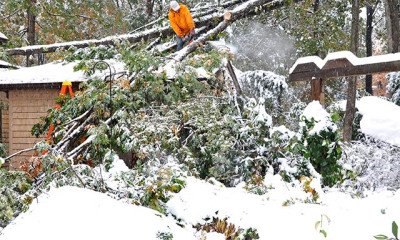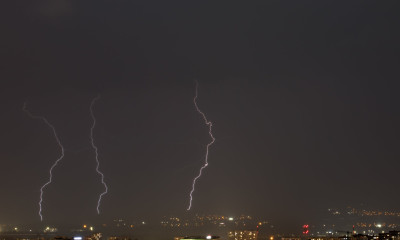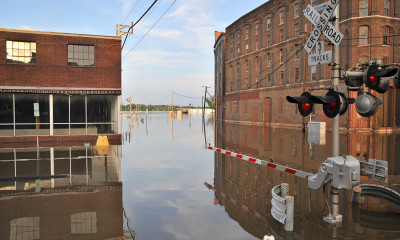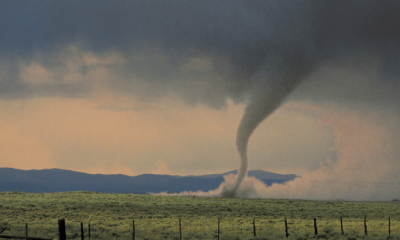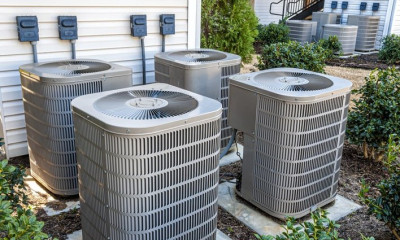Preparing for the Worst – Hurricane Irma Property Readiness and Safety Resources
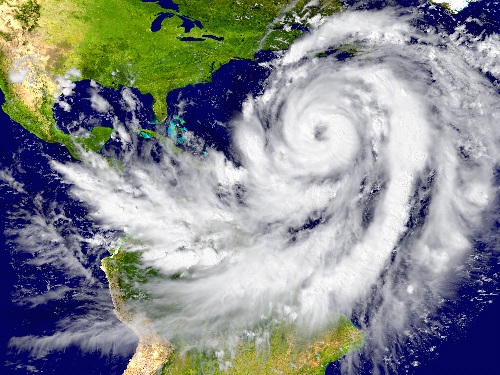
The Weather Channel’s meteorologists are predicting that Hurricane Irma – which has already ravaged several Caribbean Islands and is expected to crash into Florida and the East Coast this weekend -- could reach a Category 4 on the Saffir-Simpson hurricane wind scale with air current speeds projected up to 156 mph. NOAA’s National Hurricane Center reports that when Category 4 hurricanes hit land, “Catastrophic damage will occur.”
Although there is no way of knowing how much damage Hurricane Irma will leave in its wake, insured property damage caused by past storms, such as 2005’s Hurricane Wilma totaled upwards of $10.9 billion, according to the Insurance Information Institute.
We hope that the hurricane is downgraded and that property damage is much less severe than predicted, however, residents should be preparing for the worst. Their homes may be completely destroyed, their neighborhoods could be blocked by fallen trees and power poles, they may have to endure extended power outages and they might also require temporary living locations. Our hearts go out to everyone who may be affected by this potentially catastrophic hurricane.
Steve Vanuga
Regional Vice President of Adjusters International/Basloe, Levin & Cuccaro
In order to help local area residents in Irma’s path to prepare for what may be Florida’s strongest hurricane since 2004’s Hurricane Charley, we compiled the following links to important safety and insurance information:
Safety Resources
- Updates on Hurricane Irma from the National Weather Service’s National Hurricane Center
- Download the FEMA app to your mobile or tablet device as it gives users access to preparedness tips such as survival advice and weather alerts from the National Weather Service. Users can retrieve information on Disaster Recovery Centers and find locations of the nearest shelters.
- The Florida Division of Emergency Management
- Safety and preparedness tips from The Weather Channel
- Flood insurance information from the National Flood Insurance Program (NFIP)
- Water and flood safety instructions from the U.S. Food & Drug Administration (FDA)
- Requesting assistance and/or shelter, finding loved ones, and donation information from the American Red Cross
- Centers for Disease Control and Prevention (CDC) emergency preparedness and response information


